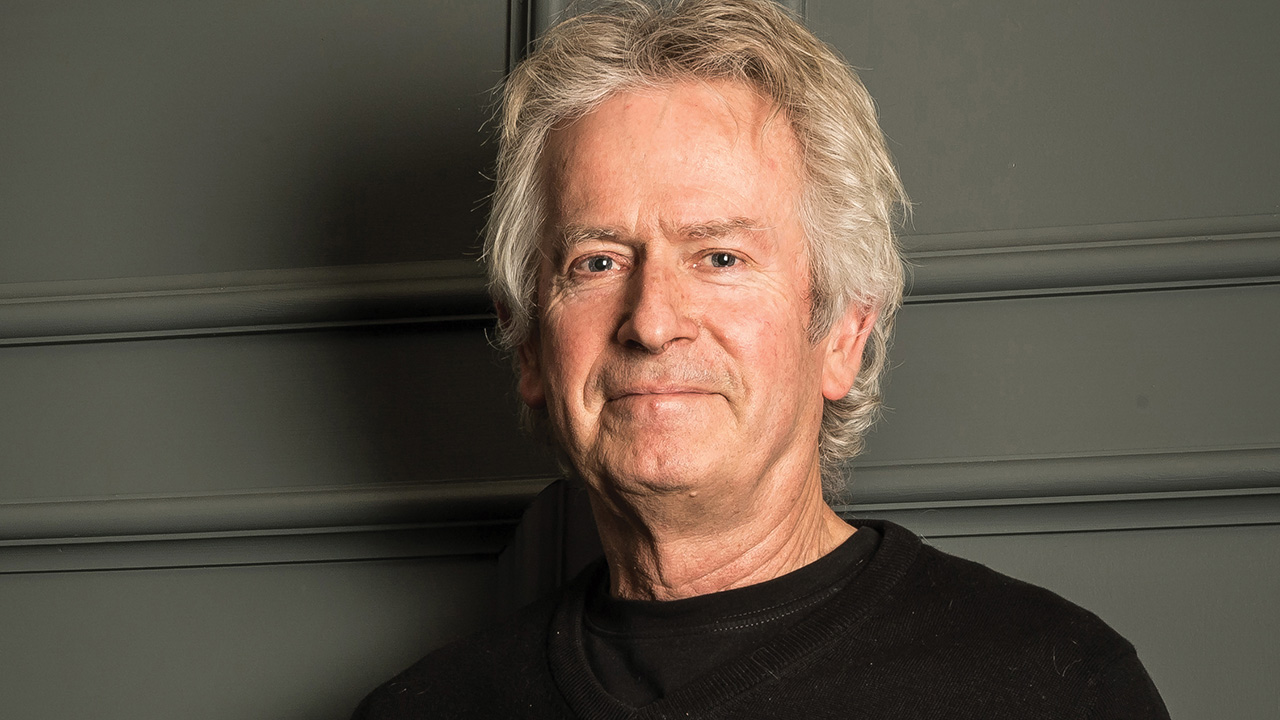In 2015, Tony Banks was named Prog God at the annual Progressive Music Awards. While his solo output has contributed significantly to his achievements, it’s his work with Genesis that stands out most – and to prove it, Prog editor Jerry Ewing chose five great keyboard moments from the band’s catalogue.
Tony Banks has a musical career that can best be described as illustrious. He was a founding member of Genesis who helped the band endure as members came and went, including Peter Gabriel and Phil Collins.
In later years he turned down the opportunity to work on The Terminator movie, but excelled with his score on The Wicked Lady, as well as a spell in the pop mainstream and, most successfully, in the classical world. His solo work was recently collected in the lavish four disc box set, A Chord Too Far.
As he told Prog Magazine Show host Philip Wilding, “It’s ludicrous to say that there was no feeling of completion between the members of Genesis. But I think we’d have liked it if all four of us did well. Mike’s album did a bit better than mine, and I think any competition I had with Phil went out of the window on day one.
“I’d always use the excuse that Peter and Phil did well because they were the singers – but what was my excuse with Mike?!”
The Apocalypse 9/8 section of Supper’s Ready (Foxtrot, 1972)
Banks’ keyboard genius exposed in all its unhinged glory, capturing the fiery cataclysmic ending to the band’s epic tune. It would be shamelessly plundered by Marillion in Grendel years later.
The opening to Firth of Fifth (Selling England By The Pound, 1973)
Pretty much a signature sound for Genesis in the 70s. The way the opening piano chords build into full-blown keyboard effect laid down a prog blueprint for the next decade and beyond.
Afterglow (Wind & Wuthering, 1976)
Possibly the finest of Banks’ Genesis moments. Delightfully atmospheric, sweepingly grandiose, hugely emotive and affecting. You only have to hear the opening sweep of notes to reach for your lighter and start waving it in the air.
Home By The Sea/Second Home By The Sea (Genesis, 1983)
One of the band’s finest longform pieces from the Phil Collins era. It showed that the band could still capture conceptual progressive music when the mood took them, with Banks’ sweeping keyboards set very much to the very fore.
Domino (Invisible Touch, 1986)
Again, more long form fun from the latter years. Domino moulded catchy pop with quirky instrumental progressive sounds to show there was still a prog heart (despite the massive arena shows) beating in the collective Genesis chest.


